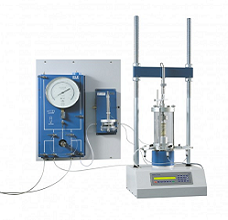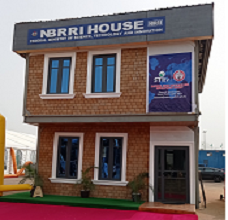
Our Laboratories
Our global laboratories can provide diagnostics solutions for clinical trials across America, Europe and Asia.

List of Services
9dok services can quickly deliver the information you and your doctor need for your most important health decisions.

Patronage
With specialist research groups research at 9dok focuses on structural biology and molecular cell biology.











